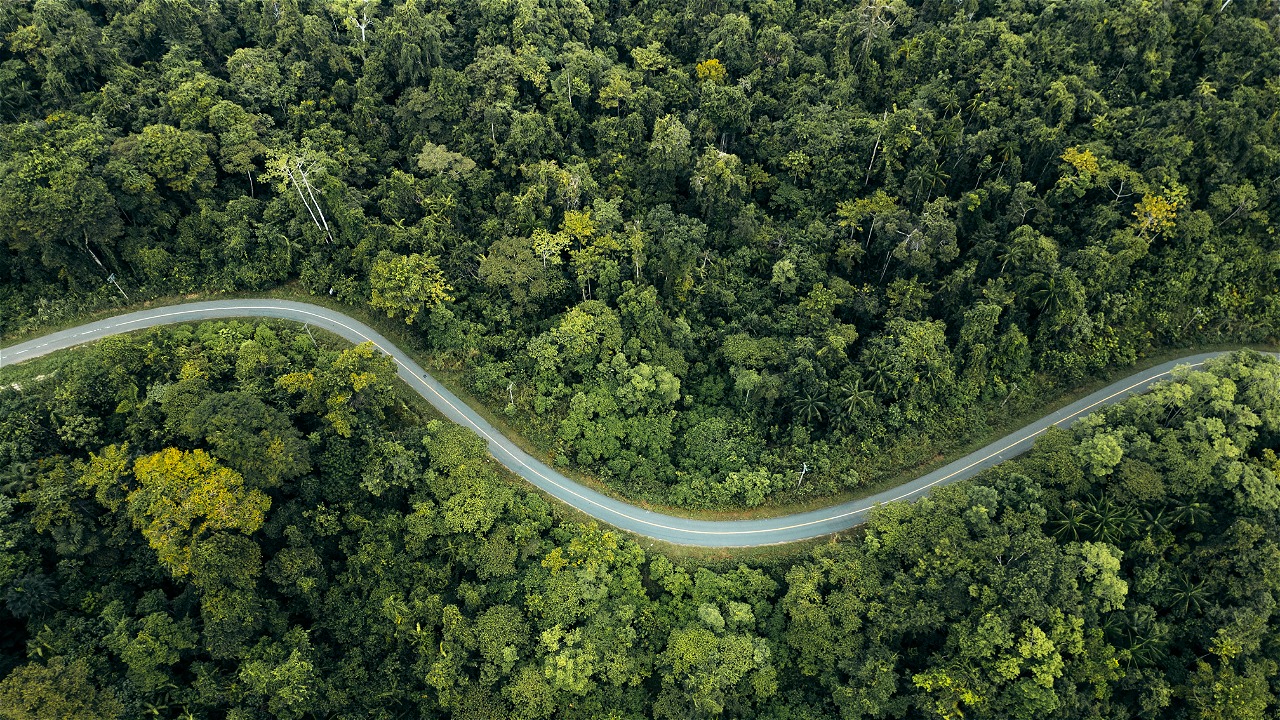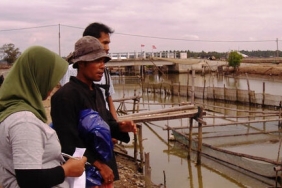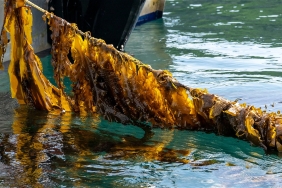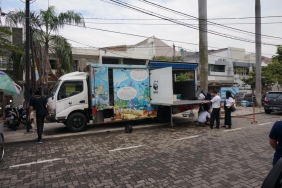THE IMPORTANT ROLE OF EXPEDITIONS FOR CONSERVATION
By: Natalia Trita Agnika
The abundant diversity of biological resources is not accompanied by an awareness to preserve and protect them. As a result, environmental conditions are damaged and some animals are threatened with extinction. According to the WWF Living Forest Report, if current deforestation trends remain unchanged, more than 170 million hectares of forest could be lost between 2010 and 2030, in areas referred to as "deforestation fronts". One of these areas is the forests of Borneo, half of which have disappeared in recent decades.
Not much different from the condition of biological resources on land, resources in the sea are also experiencing various threats. The condition of coral reefs in Indonesian waters is now increasingly alarming. Based on data from the Oceanographic Research Center of the Indonesian Institute of Sciences (LIPI) in 2011, more than 60 percent of Indonesia's coral reefs are in a damaged condition. Whereas the area of Indonesia's coral reef ecosystem, which is estimated at 75 thousand square kilometers, represents 15% of the world's coral reefs.
In response to these conditions, efforts to conserve natural resources are needed. The importance of conservation of natural resources has prompted the establishment of a day dedicated to the commemoration of National Nature Conservation Day (HKAN), which is celebrated every August 10. The commemoration of HKAN, which has existed since 2009, aims to support the development of efforts to conserve biological natural resources and their ecosystems. HKAN is also part of education and socialization to all levels of society to play a greater role in conservation activities.
WWF-Indonesia as one of the conservation organizations in Indonesia has made various conservation efforts. Through observation and research, researchers at WWF-Indonesia collect data that are useful in determining conservation measures. Observation and research activities are not easy, especially when covering a large area and rugged terrain, such as in the marine area. Traveling for research activities or better known as scientific expeditions plays an important role as one of the factors determining the success of conservation.
The Kei Besar Expedition and the "XPDCFloresAlor" Expedition are two examples of expeditions that WWF-Indonesia has conducted in collaboration with related institutions in order to collect data for conservation purposes in marine areas. Within a certain period of time, the expedition team works hard to collect data in an area. The smoothness and success of the expedition will affect the data collected. For this reason, an expedition needs to be supported with adequate equipment and facilities.
For the purpose of marine scientific expeditions, WWF-Indonesia has a motorboat that has been operated to carry WWF-Indonesia's marine experts since 2004. The motorboat is the Floating Ranger Station Menami which operates daily in the Wakatobi area. Menami is called ""Floating Ranger Station"" because it is a floating headquarters for WWF-Indonesia's marine research activities.
However, after being used in a number of research expeditions, the engine of the Menami motorboat began to weaken and was in a state of disrepair. In fact, it is expected that this motorboat can operate again in Wakatobi and the surrounding area within the next two months for further marine expedition activities.
Through the momentum of this National Nature Conservation Day, we are reminded that we can play a greater role in conservation activities. We don't have to go directly to the field, our contribution to revive the engine of Menami's Floating Ranger Station through "HELP MENAMI SAIL" is also a real effort to support the hard work of WWF-Indonesia's marine research team in saving and preserving the biodiversity in the archipelago's oceans. Let's take action for Indonesia's nature conservation. Happy National Nature Conservation Day.





